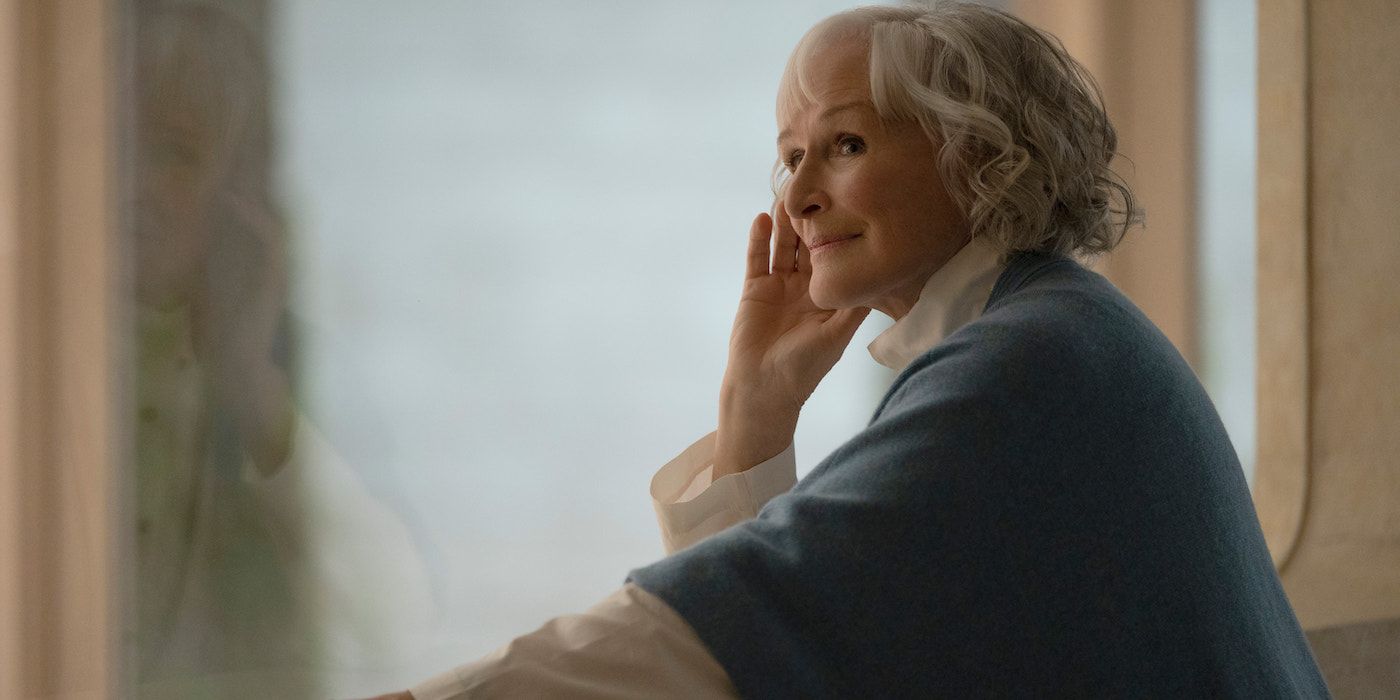
Swan Song is Mahershala Ali’s first leading role in a feature film, which is hard to imagine considering he's a two-time Oscar-winner. And while it feels long overdue, Swan Song proves to be an exceptional start to this new stage of Ali’s career. The film comes from writer-director Benjamin Cleary and it's subtly futuristic, set in a near-future not too dissimilar from the present day. Tonally and aesthetically the film is reminiscent of Alex Garland’s Ex Machina — from the visual palette to the juxtaposition of technological advancements surrounded by a scenic environment, and the rather deep ethical and existential dilemmas born from defying nature through science.
The film follows Cameron Turner, a terminally ill man who decides to clone himself to spare his pregnant wife Poppy (Naomie Harris) and their son Corey (Dax Rey) the trauma of losing him. The story presents an existential and ethical conundrum for Cameron. But, most importantly, the film gives Ali an exquisite acting part to devour. Cleary’s subtle touches allow the audience to ease into this reality smoothly without overwhelming the senses or distracting from the core theme of the film. There is also no need for a logical leap as there's no wondering why humanity hasn’t cured all terminal illnesses.

The script is precise and consistently strong as the film navigates Cameron’s difficult reality. Paired with exceptional production design and attention to detail, Swan Song holds up as a decidedly excellent sci-fi drama. The film’s only downfall is that its extended runtime stretches the script thin. Swan Song presents a very straightforward narrative about a man and a choice he has made. For the duration of the film Cameron is battling with the consequences of this choice, and through the cloning process, the audience is presented with highly sentimental memories that are meant to evoke deep sadness for his circumstances. After all, this second chance at life is only possible for one of the clones. The film’s runtime makes for an overwrought experience that is packed with moments that feel like intentional ploys to make viewers feel emotional rather than have it happen organically.
Ultimately, the film's shaky execution does not deter the film. It is a somber meditation about how far someone will go to spare their loved ones the pain of losing them so suddenly. The story ruminates on this idea, and with a strong leading performance from Ali, all the flaws fade into the periphery. Ali is truly exceptional as he navigates the major ethical and existential questions his character mulls over in his mind as he undergoes this new, experimental procedure. The role is a challenging one; it requires an actor who knows how to express so much with just a look. The subtlety in his performance allows the audience to become fully immersed in this introspective and meditative story. And as the stakes rise and change, Ali seamlessly shifts from one emotional state to another without ever breaking his stride as he portrays two versions of Cameron.

Meanwhile, Glenn Close portrays Dr. Scott, who is a benevolent help to Cameron in his moment of need. But as is the case with many of Close’s roles, there is an undercurrent of malice to her character. It’s a layered performance that can be read either way, which adds complexity to the narrative. Naomi Harris and Awkwafina are very much supporting players that add to Cameron’s growing anxiety regarding his decision. Both actresses do well in their respective roles. However, no matter how good the supporting players are, the film rests solely on Ali’s shoulders, and he carries it effortlessly.
Swan Song is a respectable science-fiction drama. While it may feel overwrought and overly sentimental in parts, the film is immersive and engaging. Ali is magnetic and his natural onscreen charisma, paired with a terrific performance, make Swan Song an absolute must-see. Whether the film will stand the test of time or not is yet to be known, but viewers will walk away from the film feeling many emotions.
Swan Song is streaming on Apple TV+ as of Friday, December 17. The film is 112 minutes long and is rated R for strong language.
from ScreenRant - Feed https://ift.tt/3yPoK4c


0 Comments